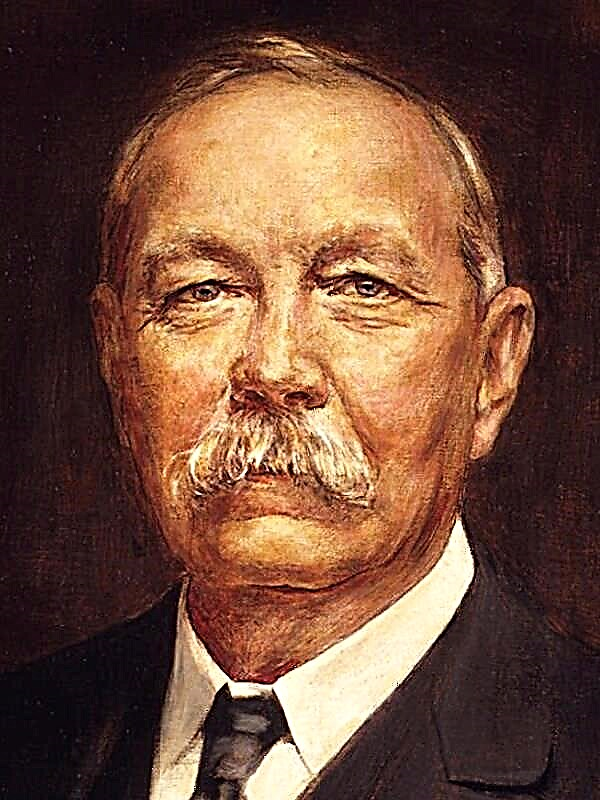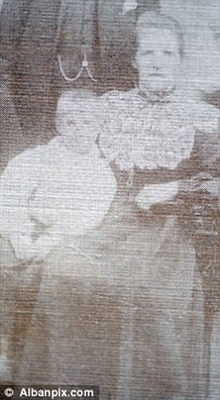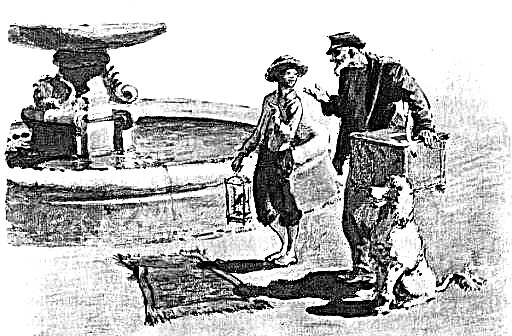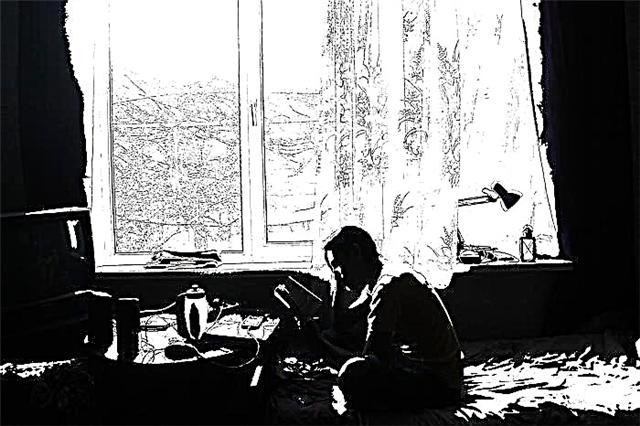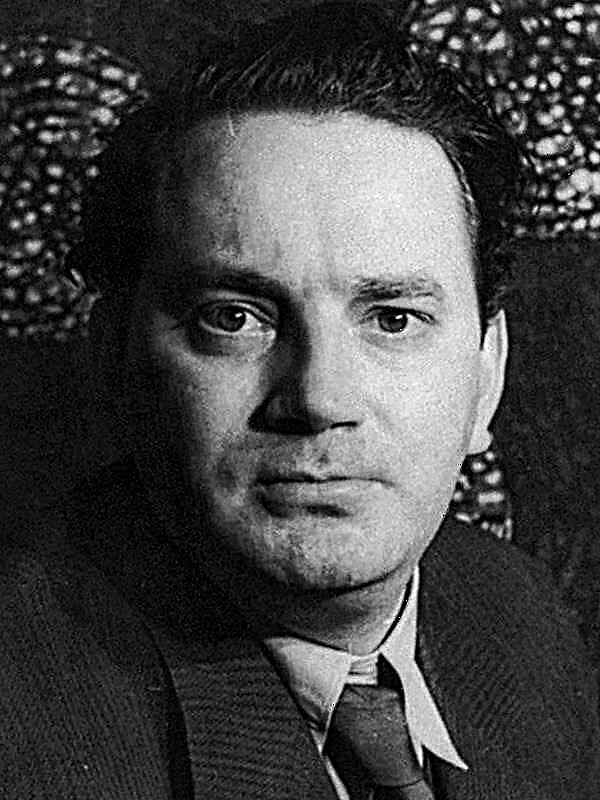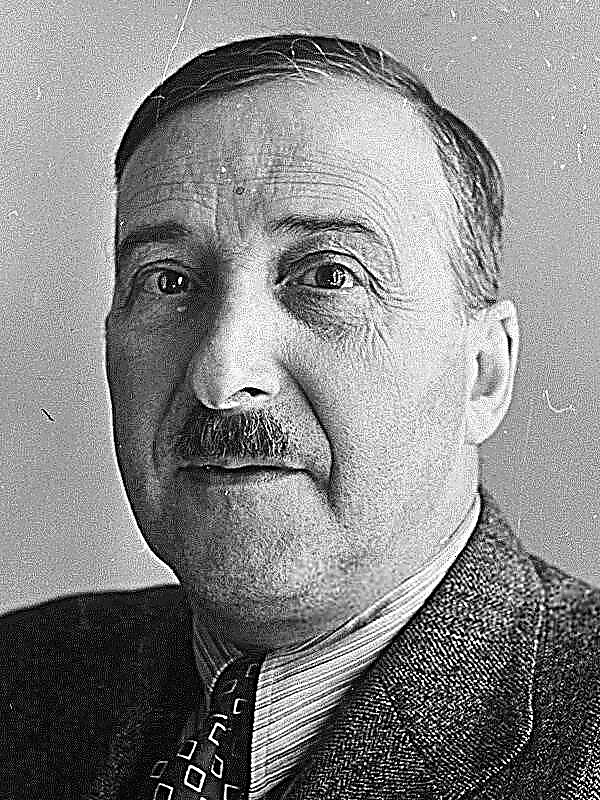Thirties japan. Someone Shamamura, a middle-aged man, takes a train to a snowy country - the so-called harsh mountainous region in the north of Honshu (the main island of Japan), which is famous for heavy snowfalls. For the first time he came there to admire the northern nature a year ago in early spring, and now he is going again: to see the young woman whom he made acquaintance with. Simamura grew up in Tokyo, he is a wealthy man, and if he does anything, it’s purely for his own pleasure. So, he became interested first in folk dances, then in European ballet, which he had never seen; he writes articles about him. On the train, he sees a beautiful young girl sitting obliquely through the passage from him. The girl is local, and from her conversation with the station manager, Simamura finds out that her name is Yoko. Her voice seemed beautiful to him painfully. He watches her face, which is reflected in the window pane, like in a mirror, and is delighted when her eye is combined with some distant light and the pupil flashes. The girl is not traveling alone: with her is a sick man, whom she carefully takes care of. Simamura cannot understand who they are to each other. The girl and her companion get off the train at the same station as Simamura. The hotel agent drives Simamura by car past the houses buried in the snow. Simamura asks the agent about the girl who then, in the spring, lived in the house of a dance teacher, and hears in response that she was also at the station: she met the teacher’s sick son. Simamura is not surprised at the coincidence: “that means, in the mirror, against the backdrop of the evening landscape, he saw Yoko caring for the sick son of the mistress of the house where the woman lives, for the sake of which he came here ...”
They meet in the corridor of the hotel. She does not reproach him for not coming for a long time, writing to her, or even sending the promised dance guide. She is silent, but Simamura feels that she not only does not blame him, but is full of tenderness, reaches out to him with her whole being. Simamura recalls how he met her. At the beginning of the climbing season, he came to these places and, having gone down from the mountains after a week's hike, asked to invite a geisha. They explained to him that all the geisha were invited to a banquet on the occasion of the completion of the construction of the road, but there is still a girl living in the house of a dance teacher, maybe she will agree to come. She is not that a real geisha, but when there are big banquets, she is eagerly invited: she dances, and she is very appreciated here. The girl came, and she was inspired by Simamura of amazing purity. She told about herself: she was nineteen years old, she was born here, in the land of snow, at one time worked as a supporter in Tokyo, but then she was bought by a patron: he wished that she would take up the teaching of national dances and gain independence. But he soon died, and since then she lives truly, in her own way. Simamura spoke with her about the kabuki theater - it turned out that the girl was well versed in the art of this theater. Simamura began to feel something like friendship. The next day, the girl went to visit him in his room. Simamura asked her to recommend a geisha to him, he wanted her and the girl to remain only friends. Perhaps in the summer he will come here with his family, she could keep company with his wife, and physical closeness may end in the morning that he would not want to look at her. But the girl still refuses to help. When the maid sent a geisha to Simamura, he immediately became bored, and he delicately escorted her. Having met a girl in a cryptomeria grove, he informed her that he had changed his mind and released the geisha: it seemed annoying to spend time with another girl, not as beautiful as she was. But something between them changed, everything was no longer the same as before the arrival of the geisha. In the evening, the girl appeared in Simamura's room. She was on holiday, and they got her drunk, so she could barely stand on her feet. Simamura hugged her, but she remembered his words that it was better for them to remain just friends, and struggled with the desire to surrender to him. And yet she lost. She left him before day before the hotel staff stood up, and Simamura returned to Tokyo that very day.
And now, a few months later, Simamura, not afraid of a strong cold, came to a snowy country to see the girl again, whose name he would soon recognize: Komako. She counts how many days they have not seen: one hundred ninety-nine. Simamura is surprised that she remembers exactly the date of their love date: May twenty-third. She explains that she has been keeping a diary for a long time. Moreover, it turns out that from the age of fifteen she outlines the read stories and novels, and now she has accumulated about a dozen notebooks with such notes. Summaries are simple: the name of the author, the name of the book, the names of the characters and their relationship. It seems to Simamura that this is a meaningless occupation, vain work. However, if Simamura began to reflect on his own life, perhaps he would come to the conclusion that his life is also meaningless. Komako invites Simamura to his home. He says that he will stop by if she shows him her diaries, but she replies that she will burn them. Simamura tells Komako that he was riding in the same carriage with the son of her teacher and the girl accompanying him. He tries to find out who she tells him, but Komako does not want to answer. She speaks only about the teacher’s son: he is twenty-six years old, he has intestinal tuberculosis and he returned to his homeland to die. Komako lives in the attic, where silkworms were previously raised in a cozy, clean room. Leaving the teacher’s house, Simamura collides with Yoko and recalls how on the train Yoko's eye reflected in the glass was combined with a distant light in the field and her pupil flared up and the herds were inexpressibly beautiful. “He recalled his impression of that time, and it in turn evoked Comako’s bright cheeks glowing in the mirror against the backdrop of snow.” Simamura rises to the top of the hill and meets a blind masseuse there. He learns from her that Komako went to the geisha this summer in order to send money for treatment to the teacher’s son, with whom she was rumored to be engaged. Simamura again comes to mind the words “vain labor” and “vanity” - because he, apparently, has found a new lover - Yoko, and he himself is on the verge of death. To the questions of Simamura, Komako replies that she was not engaged to the teacher’s son. There was probably a time when the teacher dreamed of marrying her son, but did not say a word about it, and young people could only guess about her desire. But there was never anything between them, and Komako did not go to the geisha because of him. She mysteriously says that she needs to fulfill her duty, and recalls that when she was sold in Tokyo, she was escorted only by the teacher’s son. Komako avoids talking about Yoko in every way, and Shamamura just can't figure out why. And when Simamura notices that it’s not good when Komako doesn’t sleep at home, Komako objects that he is free to do what he wants and even a dying man cannot forbid her to do so. Komako plays Shimamure on the shamisen. Simamura understands that Komako is in love with him, from this thought he becomes sad and ashamed. Now Komako, staying with Simamura for the night, no longer tries to return home before dawn. On the eve of departure on a clear moonlit evening, Simamura again invites Komako to his place. She is bitter that he is leaving. She is desperate for her own helplessness: she cannot change anything. The hotel clerk brings Simamura an account where everything is taken into account: when Komako left at five, when to five, when at twelve the next day. Komako is going to escort Simamura to the station. Yoko runs in there, who calls her home: the teacher’s son is ill. But Komako does not want to go home, and neither Yoko nor Shamamura can persuade her. "Not! I can’t look at the dying man! ” - says Komako. It sounds both the coldest heartlessness and the hottest love. Komako says that he will no longer be able to keep a diary, and promises to send all his diaries to Simamura - after all, he is a sincere person and will not laugh at her. Simamura is leaving.
Arriving a year later, Simamura asks Komako what happened to the teacher’s son. “Died, what else,” she replies. Simamura promised Komako to come on February 14, the feast of the expulsion of birds from the fields, but did not come. Komako was offended: she left her job and left for her parents in February, but returned for the holiday, thinking that Simamura would come. Now Komako lives in a shop where they sell cheap sweets and tobacco, there she is the only geisha, and the owners take great care of her. Komako asks Simamura to come to her at least once a year. Simamura asks what happened to Yoko. “Everything goes to the grave,” Komako replies. During the walk, Simamura sees Yoko: sitting on the side of the road, she peels the beans and sings in a "crystal clear, painfully beautiful voice." Komako sleeps with Simamura and leaves only in the morning. The next day, Simamura goes to bed early in order to pass the time, for his hope that Komako would come herself, without his call, did not materialize. At half past six in the morning he discovers Komako decently sitting at a table and reading a book. He can’t understand anything: has Komako really spent the night with him, but he didn’t even notice? But Komako with a laugh admits that she hid in a closet when the maid brought coal for the hearth. Simamura and Komako go for a walk. Simamura suggests walking towards the cemetery. It turns out that Komako has never been to the grave of a teacher and her son. In the cemetery, they meet Yoko. Embarrassed by her piercing gaze, Komako says that she actually went to the hairdresser ... Both Simamura and Komako feel uncomfortable. At night, Komako comes to Simamura drunk.
Yoko is now working in a hotel. For some reason, her presence constrains Simamura, he even begins to hesitate to invite Komako to his place. Simamuru is drawn to Yoko. Komako sometimes transmits notes with her to Simamura, and Simamura speaks to the girl. Yoko says Komako is good, but unhappy, and asks Simamura not to offend her. “But I can’t do anything for her,” replies Simamura. He believes that it is better for him to return to Tokyo as soon as possible. It turns out that Yoko is also going to Tokyo. Simamura asks if Komako advised her to go there, but Yoko replies: “No, I did not consult with her and I will never consult. She is nasty ... "Simamura suggests Yoko to go together, the girl agrees. When she used to live in Tokyo, she was a sister of mercy. But she looked after only one patient, and now every day he goes to his grave. She no longer wants to be a sister of mercy; she does not want to look after anyone. Simamura asks if the teacher’s son was Komako’s fiancé. Yoko fiercely replies that this is not true. "Why then do you hate Komako?" - surprised Simamura. In response, Yoko asks Simamura to make sure Komako is well and runs out of the room. Autumn ends, the first snow falls. Simamura reflects on crepe - a fabric that is made in these parts and bleached in the snow. In ancient books it is written that “there is crepe, for there is snow. Snow should be called the father of the crepe. ” Simamura has a desire to go around places where crepe is made. Having visited one of these towns, he meets Komako on the way back. She scolds him for not taking her with him, but then the alarm sounds; burning building for feeding silkworms. It is full of people: a movie is shown in this room. Komako cries, she worries about people. Everyone is running to the fire. “The Milky Way began where they came from, and flowed in the same direction. Komako’s face seemed to be floating in the Milky Way. ” Simamura and Komako look at the fire. Suddenly the crowd, letting out a cry of horror, freezes: a female body falls from above. Komako screams heartbreakingly. The fallen woman is Yoko. "For some reason, Simamura did not feel death, but only the completion of some transition, as if the life of Yoko, coming out of her body, entered his body." Komako rushes to Yoko, takes her in his arms and carries, "as if his sacrifice and his punishment." Simamura wants to rush to her, but he is being pushed aside, and when he raises his eyes, he sees the Milky Way, thundering with a roar, approaching him directly.



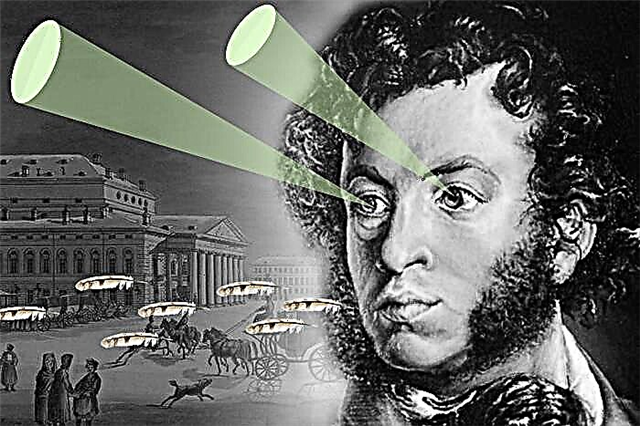
 The years of wandering Wilhelm Meister
The years of wandering Wilhelm Meister
